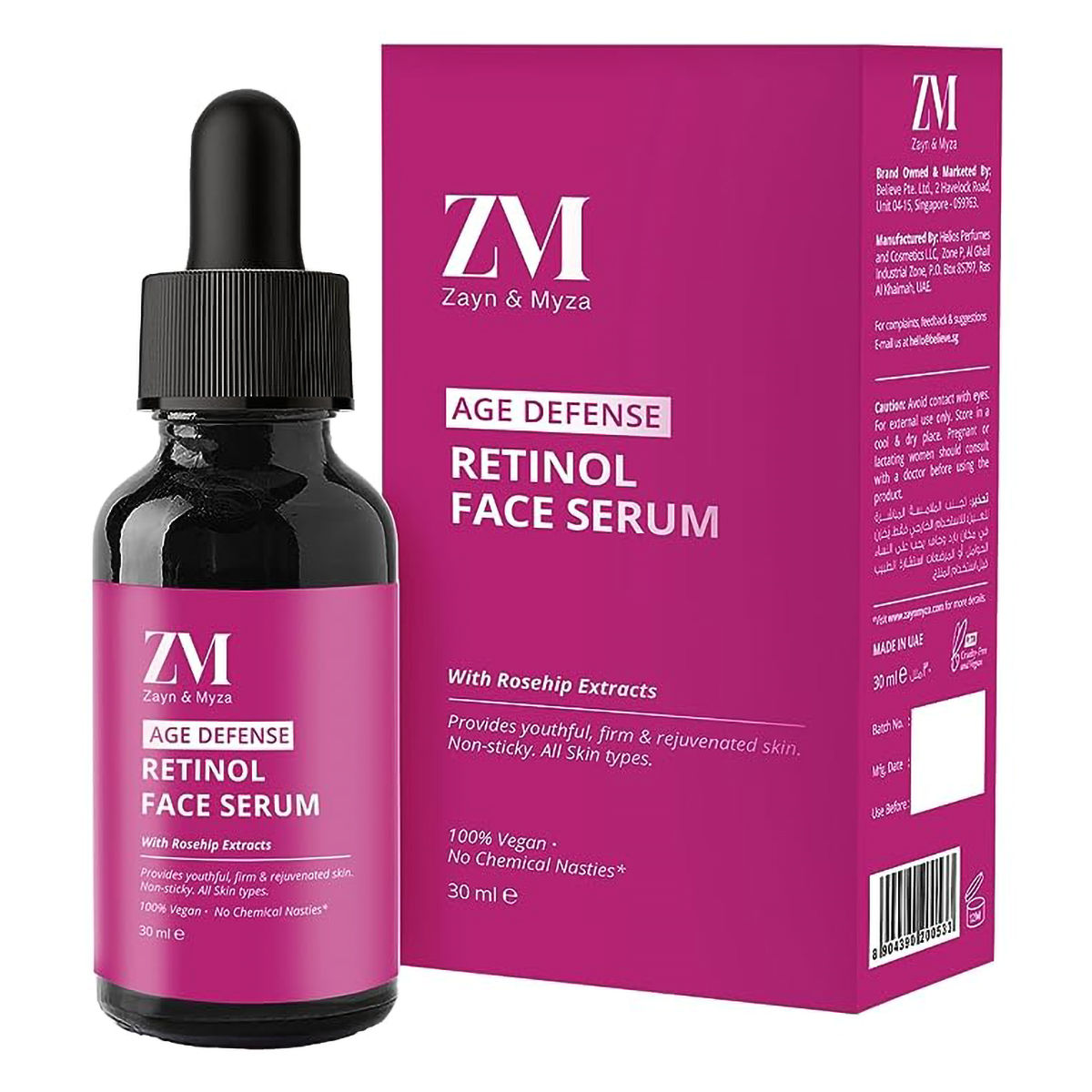Pregnancy brings about a myriad of changes in a woman’s body, and alongside the excitement of impending motherhood, it often features a heightened concern for skin health. As the quest for the perfect skincare routine takes center stage, one ingredient in particular raises eyebrows: retinol. This powerful compound, lauded for its transformative effects on skin texture and pigmentation, requires a nuanced discussion when it comes to its use during pregnancy. Can retinol be your skincare ally during this transformative phase? The answers vary among expectant mothers and dermatological experts alike.
Understanding Retinol and Its Benefits
Retinol, a derivative of vitamin A, is the darling of many skincare enthusiasts. It accelerates cell turnover, promotes collagen production, and combats fine lines and hyperpigmentation. Users often rave about its ability to result in plumper, clearer skin. Yet, while its accolades are numerous, the scant research surrounding its safety in pregnancy fosters apprehension. Pregnant women must remain vigilant, understanding both the upside and downside of retinol.
The Risks: Expert Voices on Retinol Use in Pregnancy
Medical professionals frequently caution against the use of retinol during pregnancy largely due to its potential teratogenic effects. Teratogens are substances that can interfere with normal fetal development, leading to birth defects. According to dermatologists, while topical application of retinol might yield minimal systemic absorption, the ramifications of higher doses found in oral retinoids, such as Accutane, are indisputable. As a precautionary measure, many experts recommend a complete avoidance of retinol during this crucial time.
Dr. Jane Martin, a dermatologist with a focus on maternal skincare, notes, “The efficacy of retinol is undeniable for pre-pregnant women; however, during pregnancy, caution is imperative. Waiting until postpartum to resume retinol can mitigate potential risks.” With pregnant women’s heightened susceptibility to skin conditions such as melasma, options that are both safer and effective should be explored.
Voices from the Forum: Real Experiences
The online discourse surrounding retinol use during pregnancy encapsulates a spectrum of opinions. Some mothers adamantly share their experiences of using lower concentrations of retinol without incident, arguing that responsible application in moderation may pose no harm. Their anecdotes often catalyze vigorous discussions on skincare regimens during pregnancy.
One forum participant recounted, “I used a mild retinol serum during my second trimester, and my skin glowed! I consulted my doctor before trying it, and she approved—just be cautious.” This sentiment reflects a significant trend among expectant mothers seeking balance between skincare needs and safety concerns.
Conversely, dissenters recounted tales of skin issues that emerged during their pregnancy, attributing some of their woes to previous retinol use. “As soon as I stopped using retinol upon finding out I was pregnant, my skin cleared up significantly. I wish I had done it sooner,” another user shared. Such testimonies serve as both cautionary tales and reminders of the individual nature of skincare during pregnancy.
Alternatives to Retinol
Given the retinol dilemma, many pregnant women are pivoting towards safer alternatives that still aim to tackle skin issues. Options such as hyaluronic acid, glycolic acid, and vitamin C have surfaced as popular choices. While these ingredients do not match retinol’s potency, they can yield gratifying results without the associated risks.
Hyaluronic acid, renowned for its hydrating properties, helps maintain skin moisture—ideal for pregnancy-related dryness. Glycolic acid, a gentle exfoliant, promotes smooth and even skin texture, while vitamin C brightens dull complexion, combating the dreaded pregnancy mask. These ingredients provide a holistic and safer approach to skincare without the need to distress over potential repercussions tied to retinol.
Consulting Healthcare Providers
As opinions regarding retinol vary sharply, a strong recommendation emerges: consult with healthcare providers before introducing any new products into a skincare regimen during pregnancy. Each woman’s pregnancy is unique, and a tailored approach to skincare is essential.
Doctors and dermatologists collaborate to offer personalized care, understanding each individual’s skin type and pregnancy journey. For those adamant about utilizing retinol’s benefits, a candid discussion may lead to formulating a well-considered skincare strategy that accounts for potential risks while addressing specific skin concerns.
Expert Insights: Timing the Resurgence of Retinol
For many, waiting until postpartum to reintegrate retinol into their routine seems prudent. Experts suggest giving your skin time to readjust post-pregnancy before reintroducing active ingredients. After childbirth, women may face new skin challenges, and retinol can play a pivotal role in rebuilding pre-pregnancy skin health.
When reintroducing retinol, it is vital to begin with lower concentrations to assess skin tolerance. Gradual increments allow for a safer adjustment, ensuring your skin can reap the rewards without enduring adverse reactions. Keeping an open line of communication with a dermatologist during this process can optimize results.
A Final Thought
While pregnancy inevitably alters women’s lives in profound ways, maintaining healthy skin remains a priority. The conversation around retinol is complex, embodying both caution and the desire for beauty in an evolving landscape. Balancing expert advice with personal experiences fosters a nuanced understanding for expectant mothers navigating their skincare journey. Retinol may be the ultimate ally post-pregnancy, but embarking on this journey wisely is key—trusting professionals while embracing safer, effective alternatives is sure to bring success.

